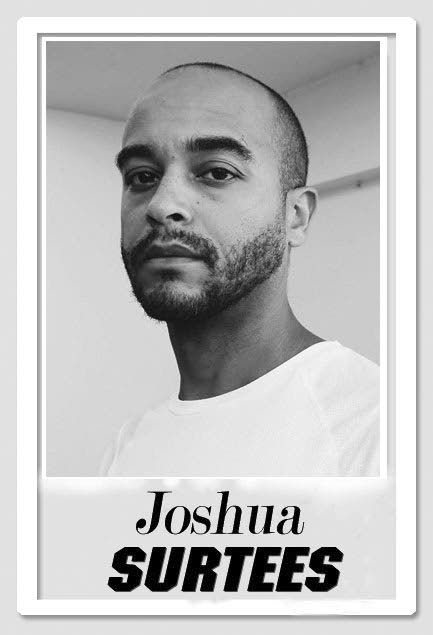Five years, five murders

In early-December the Express wrote a powerful editorial, Leave No Murder Victim Behind. On Christmas Day, their front page showed some of the countless victims left behind by the TTPS. That newspaper’s campaign, urging continued investigation into so-called cold cases, is dynamic journalism.
I hope they are persistent on the issue–more persistent than police detectives have been in seeking justice for families. Persistence in journalism is a trait that exposes truths. Persistence in policing, particularly homicide, should be a given. Sadly, too often it is not.
The slackness–not to mention the corruption–that pervades professional life in Trinidad also seeps into police work. More shockingly, a murder victim’s demographic profile is a factor in whether their case will be pursued or left to gather dust. The social status of a victim’s family often determines whether they feel empowered to push for answers or feel so disenchanted they dare not ask, through fear of disappointment, obfuscation or silence.
When I returned to Trinidad last year, the first thing I wrote about was the murder of Claire Broadbridge. It was the third killing of a person in Trinidad who I’d had connections with through friends or family. That was September 2017. Since then, two more people known to me have been killed, bringing the total to five–one for every year since I arrived in Trinidad.
Clearly there is something wrong there.
What has happened since, to each of these five crimes, is noteworthy.
The first victim, my friend’s aunt, Dana Seetahal, was killed in May 2014. The suspects in her assassination are currently before a preliminary inquiry in court. Nearly five years on, no justice. But at least people were caught, arrested and charged. Their guilt or innocence can now be determined.
The second victim, my sister-in-law’s boyfriend and father of her child, Hassan Ali, died in October 2016 after going to a barbershop in La Puerta for a haircut. The newspaper headlines said: Hero Cop because off-duty policeman Kenneth Morgan drew his gun on two bandits trying to rob fete tickets, prompting an exchange of bullets that hit four customers, including Hassan. Morgan killed one bandit, the other fled. Nobody has been brought to justice for Hassan’s killing. I want to know who fired the fatal shot, but the chief investigator has since retired and though the case remains under investigation, no official inquest has taken place.
The third victim was Claire Broadbridge. Suspects are in jail awaiting trial.
The fourth victim, Kareem Baptiste, in September 2017, was my wife’s second cousin. He lived in Blue Range, Diego Martin but was killed in Laventille. Last week, sources told a Newsday colleague that local community members had witnessed the killing but had refused to go to police with information.
The fifth victim, Jhovaan Simon, murdered earlier this month, grew up on the same street as my in-laws on Eighth Avenue, Barataria. He had moved to Paramin with his partner and two small children. Newspaper reports of his murder, two weeks before Christmas, wrongly described him as Venezuelan and spelled his name wrong. The Western Division source gave out false identification to the media without properly checking the facts. Last week I was told the killer had been identified and a manhunt had been launched to find him.
Of those five murders, the police have charged suspects in two cases: Dana’s and Claire’s. Both of those victims held status and wealth. The cases of the three working class men, Hassan, Kareem and Jhovaan, remain unsolved.
Jhovaan was the 498th murder victim of the year. A further 20 people were killed in December, taking the toll past 500.
Gary Griffith’s explosive start to his new tenure in charge of the police has bolstered public optimism that crime can be stopped. It was encouraging to hear his intention to finally replace the Special Anti-Crime Unit that was dismantled while he was in government, and good too that he has reached out to the NYPD for help and co-operation.
But as well as preventing crime, the police must solve crimes. The people of Trinidad deserve better than a 17 per cent murder detection rate. They deserve more money spent on the technology and recruitment needed to improve the TTPS. (To put funding into context: UK murder detection rates are usually around 90 per cent. After heavy financial cuts they slipped to 66 per cent in 2017.)
The socio-economics of detective work must be removed. Every murder is a murder, whether you were a hustler or museum director. Many working-class families lack the confidence, resources and connections to call TTPS investigators and ask about new leads, let alone demand justice.
Leaving the wake for Jhovaan in Barataria, a family member said that getting caught up in the futility of the police and justice system only makes the grieving process harder. That people don’t believe justice will ever come is the saddest part.


Comments
"Five years, five murders"